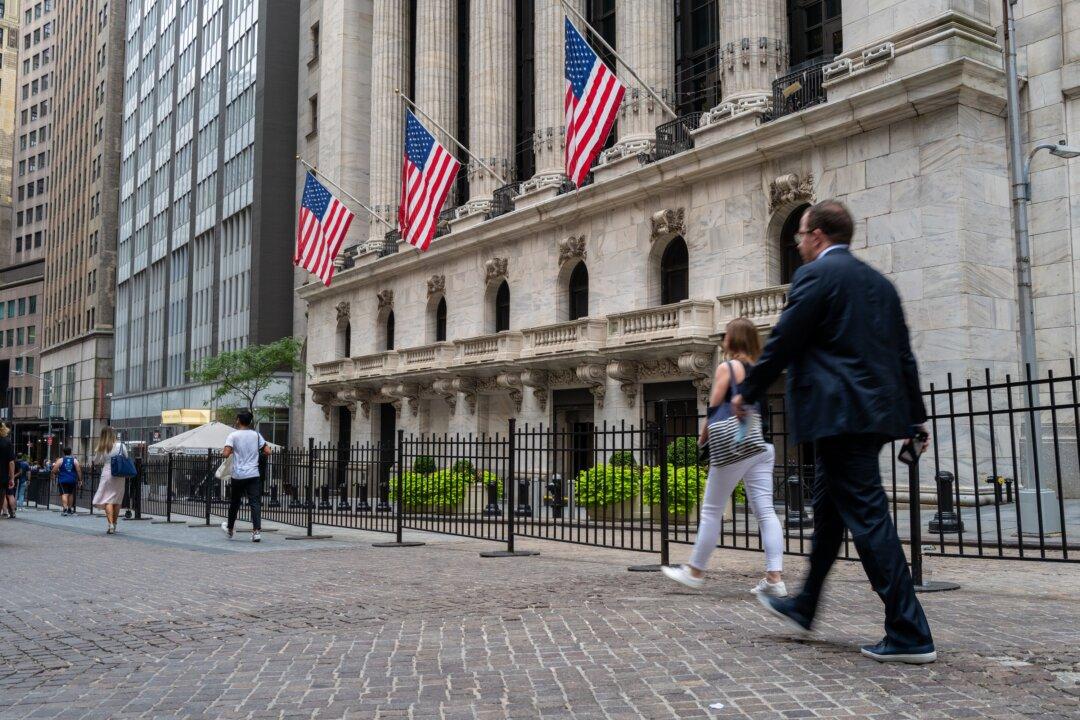Wall Street capped a choppy day of trading with a mixed finish for stock indexes Monday, as investors brace for another sharp interest rate hike by the Federal Reserve this week as the central bank combats inflation.
The S&P 500 edged up 0.1 percent after fluctuating between gains and losses. The Dow Jones Industrial Average rose 0.3 percent, while the tech-heavy Nasdaq Composite fell 0.4 percent.





